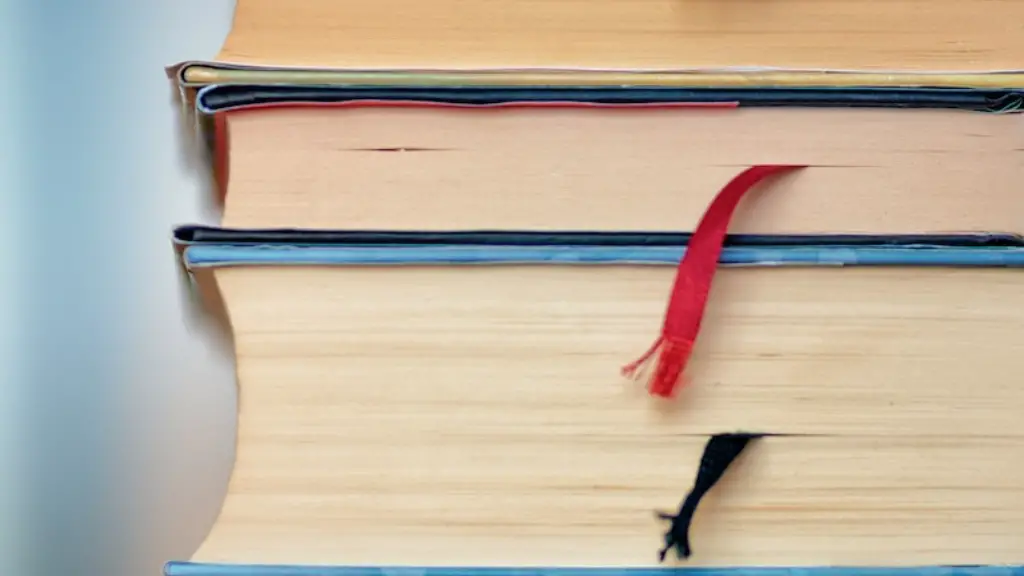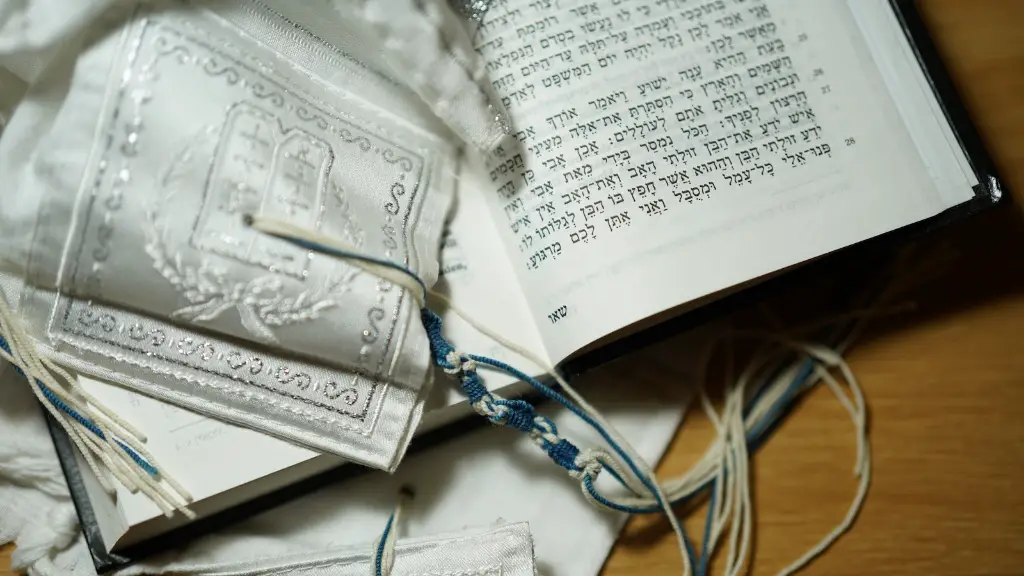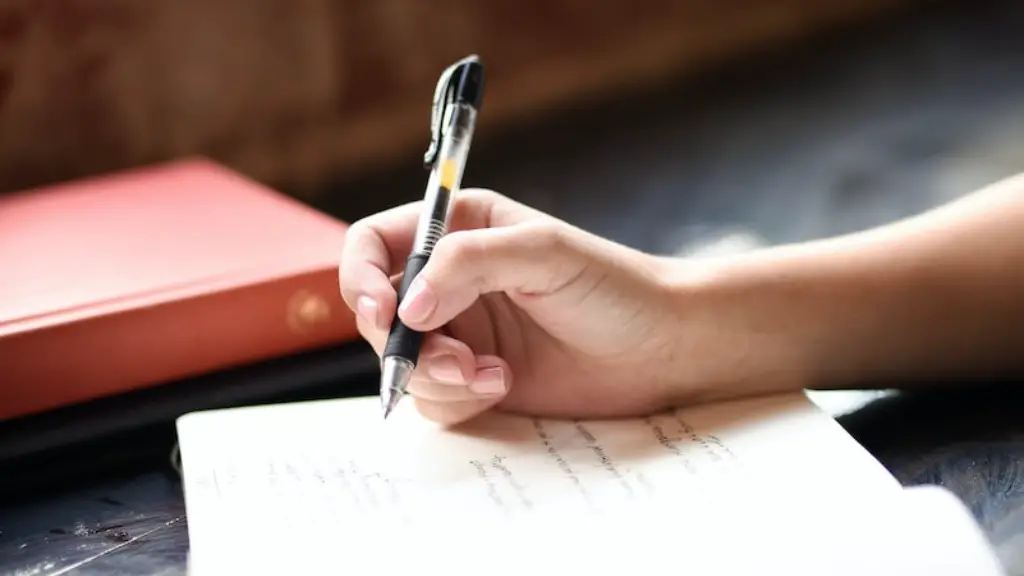Blackout poetry is a type of creativity in which words from a text source, such as a newspaper or a book, are blocked out to create a poem without plagiarizing the original material. This art form has recently been gaining attention and acceptance in artistic circles, but it has raised questions about whether blackout poetry is still viewed as plagiarism in the eyes of intellectual property laws. This article will explore the concept of blackout poetry and its consequences when it comes to plagiarism.
What is Blackout Poetry?
Blackout poetry is an artistic style in which words from a text source, such as a book or a newspaper, are selectively blocked out to create a poem or a piece of art. The goal of blackout poetry is to create something entirely new from pre-existing material. The source text is not changed, except for blocking out certain words or phrases, making it difficult for the artist to be accused of plagiarizing. The poet is left with a blank “canvas” of words on which to create something new and original.
Is Blackout Poetry Plagiarism?
It depends on the context in which the poetry is created. The technical definition of plagiarism is the use or close imitation of the language and thoughts of another author and the representation of them as one’s own original work. By this definition, the poem in its blocked out form is not plagiarism. However, there are some instances where a blackout poem could be seen as plagiarism.
For instance, in certain cases, a blackout poem could be considered plagiarism if the artist blocks out words to create a poem that closely mimics the source text. In this instance, the artist is taking from the source material in order to create a poem that similar and not unique. This would be considered plagiarism as it is not creating something entirely new and original.
Also, if an artist blocks out words to create a poem that has been previously used, then this could also be seen as plagiarism. This is because the artist has taken someone else’s work and not created anything new and original. This is not seen as being creative and therefore could be seen as plagiarism.
The Legal Perspective
When it comes to the legal view of blackout poetry, it depends on the country and the context in which the poem was created. Generally, the concept of blackout poetry is not seen as plagiarism, as the artist is not taking the language of someone else and claiming it as their own. However, in some countries, such as the United States, the laws are strict and any form of taking from someone else’s work would be seen as copyright infringement. This includes taking from a newspaper or a book and claiming it as your own.
For this reason, it is important for artists to be aware of their country’s laws and regulations before creating a blackout poem. In most cases, if the artist is attributing the original source and clearly stating that the poem is their own creative work, then it is not likely to be seen as plagiarism.
The Ethical Perspective
Even if blackout poetry is not technically seen as plagiarism, there are ethical considerations when creating this kind of art. One question that needs to be asked is if the artist is truly creating something that is original and creative, or just taking from someone else’s work in order to make a poem that is unoriginal and uninspired. This is a serious ethical issue as it could be seen as taking credit for someone else’s work, which is not seen as ethical behaviour.
For this reason, blackout poetry should not be seen as a way to avoid plagiarism, but rather as a source of inspiration and creativity. The artist should be sure that the poem created is unique and original, not just a copy of someone else’s work.
Conclusion
In conclusion, black-out poetry is a form of artistic creativity in which words from a text source are blocked out to create a poem. Whether or not blackout poetry is seen as plagiarism depends on the context in which the poem is created, as well as the country’s laws. Nevertheless, it is essential for artists to remember that even if their work is not seen as plagiarism, they should still ensure that they are creating something truly original and creative.
©Use of References
When looking at the issue of blackout poetry and plagiarism, it is essential to remember the importance of giving proper credit to the original source. This means always citing the original source, both in the artwork and when speaking about it. This gives proper credit to the original author and allows the artist to avoid the appearance of plagiarism.
©Understanding Intellectual Property Laws
Another factor to take into account when creating blackout poetry is to familiarize oneself with the laws and regulations of the country in which the artwork is created. Laws regarding intellectual property vary from country to country, and it is essential to understand these laws before creating a blackout poem. This allows the artist to create their work in an ethical manner and avoid any potential legal action.
©The Artistic Perspective
Finally, it is essential to look at blackout poetry from an artistic perspective. Blackout poetry is not just a way to avoid plagiarism, but a creative art form that can be used to create truly beautiful works of art. When creating a blackout poem, the artist should remember to look for the opportunity for true creativity, rather than just taking from someone else’s work.
©Publicising
The artist should also be aware of the rules and regulations of any platform where their artwork is shared. Although blackout poetry is not likely to be viewed as plagiarism, some platforms have rules in place that prevent the sharing of artwork created from someone else’s words. Therefore, it is essential to understand the platform’s rules before sharing the artwork.
©Permission
In some cases, it is important to get permission from the original author before creating a blackout poem. This is in cases where the work is clearly taken from someone else’s work and the author needs to give permission in order for the poem to be created. This is a courtesy to the author and helps guarantee that their work is not used without their permission.



